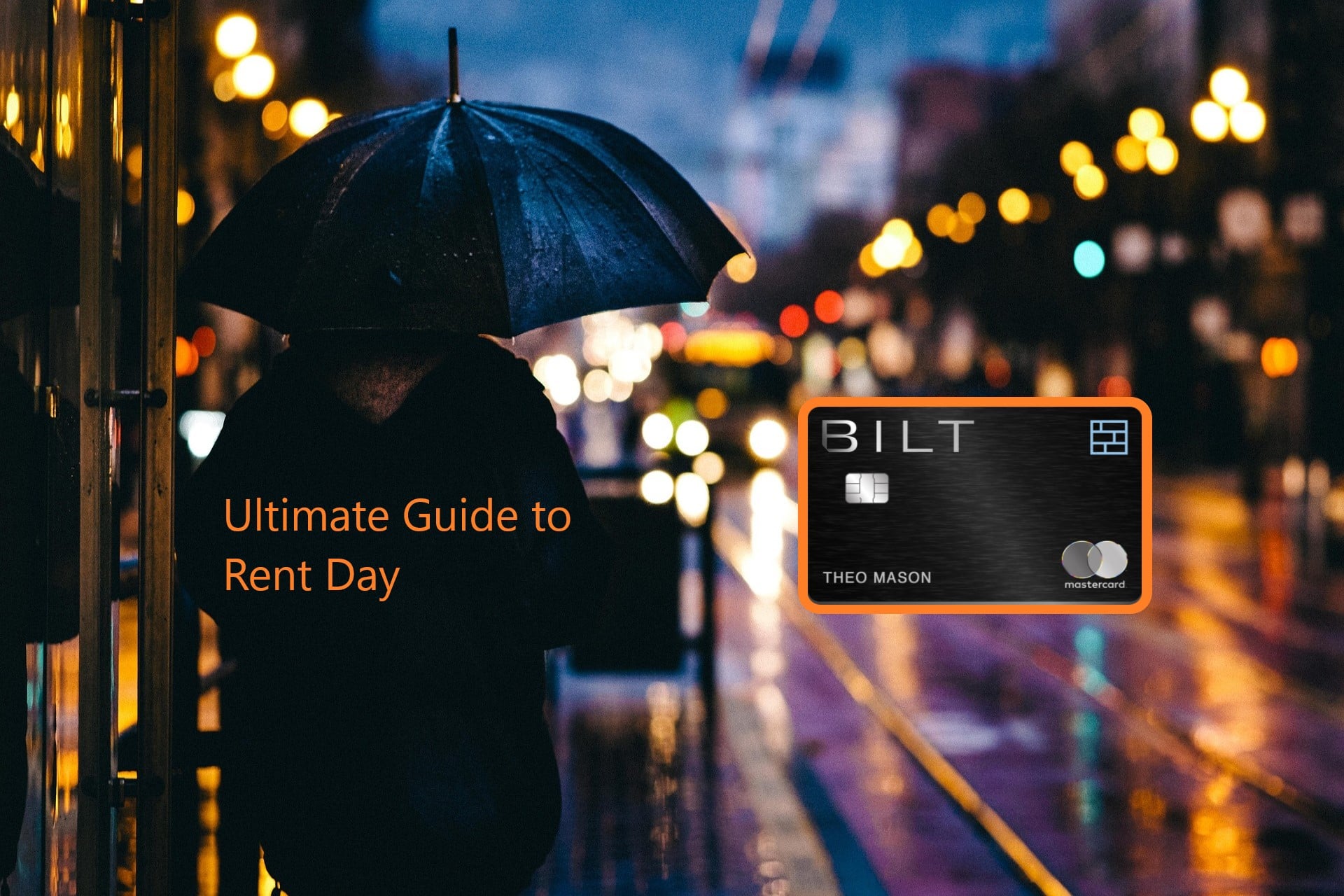Forming good habits for the body, mind, and soul is a positive action to take in life. However, never forget to focus on the practices you should have in place for your finances, such as your credit score. Here are ten of the worst habits you need to avoid to get a better credit score:
1. Avoid Paying Your Credit Card Bill Late
Stop! It’s crucial you don’t forget and make that credit card payment that’s due soon.
Your payment history and credit utilization ratio influence your credit score. Your payment history keeps track of revolving and installment credit/loans.
Missing or making a late payment can seriously affect your credit score. It shows creditors how responsible you are with your money. Banks check your credit score to decide if they will give you loans or credit for things like cars and houses.
2. Closing Credit Card Accounts
Believe it or not, closing a credit card account may harm your credit score. Make it a habit to keep your unused credit card accounts open and active. Closing a credit card lowers your credit utilization ratio as you lose access to that additional credit line.
For example, if you have two credit cards, each with a $2,000 credit limit, your total credit available is $4,000. If you use $1,000 on one of your credit cards, your credit utilization ratio would be 25%.
Experts recommend no more than 30%. If you close the second credit card, your available credit will decrease from $4k to $2k. You have already used half of it, so your credit utilization ratio will be 50%. Way above the recommended 30%.
Another reason to not close credit card accounts is that it impacts your credit history record. Credit history is another major factor that determines your credit score. Closing out an older credit card account erases the credit you have built over time. And a mature credit history makes for better credit.
Related Article: Should You Close Old Credit Card Accounts?
3. Not Using Your Credit Card
If you have a credit card sitting in your wallet without using it, it’s time to break that habit. You can achieve a better credit score by using your credit cards responsibly to build a positive credit history. It’s okay to keep your credit card debt to a minimum if that’s what you feel comfortable with.
Use credit cards for necessary monthly expenses like bills, groceries, and gas that you have to pay anyway. If you don’t use your credit cards, the credit bureaus won’t automatically report on-time payments to boost your credit score. Using your credit cards and paying off the balance each month can improve your credit score. It also demonstrates that you are a reliable borrower.
4. Using the Wrong Credit Card for Major Purchases
Don’t just pull out any old credit card for your major purchases. To avoid damaging your credit score, stop the habit of maxing out a credit card by mistake. Be aware of the ticket price and your credit limits. Maxing out your credit card can harm your credit score by raising your credit utilization ratio.
If your car breaks down and the mechanic costs reach $1,000, you may prefer to cover the expense with a credit card. In this scenario, we recommend picking a credit card with a higher credit limit because using a credit card with an exact $1,000 credit limit will max out your card.
A higher spending limit will help manage your credit utilization ratio. A $1,000 purchase on a $10k credit limit will be less of an impact on your credit score than it would on a card with a $1,000 limit.
5. Dodge Co-signing on Debt
Do yourself a favor and don’t co-sign any debts to ensure your credit stays at its best. Much risk exists in co-signing debt for friends and family, especially the risk of them missing a payment or making late payments.
These actions will definitely impact you as a co-signer because you agreed to be responsible for their debt. As a co-signer, these actions will definitely affect you because you agreed to be responsible for their debt. This can harm your credit score and impact your ability to get loans for things like a house or a car.
6. Avoid Leaving Credit Report Errors Unfixed
You shouldn’t sweep credit report errors under the rug. Any mistakes on your report are potentially affecting your credit score negatively.
If you spot an error on your credit report, act. The credit bureaus will investigate the mistake and remove it if applicable. Once you fix the errors on your report, your credit score should look much better.
7. Letting Debt Go to Collections
Don’t let any debts go into collections. Once your debt goes into collections, your credit score certainly takes a hit.
If your credit card debt goes to collections, you should reach out to the collections agency. You can arrange a payment plan with them to ensure that you mark your debt as paid and closed. Your credit will still take a blow. However, the chances of the inquiry rolling off in fewer years are much more probable.
8. Applying for Credit Cards Often
If your credit score has improved, you might want to apply for popular credit cards. However, we do not recommend going on a credit card application rampage. With every credit card application, your credit score takes a minor hit.
Banks may refuse to give you a loan or credit if they see many applications on your card. They may think something is wrong. This can happen when you need a loan or credit.
9. Not Having a Credit Card
This one might seem like an obvious tip, but to build adequate credit, you should get a credit card. A credit card is the easiest and one of the fastest ways to build or better your credit. If you use the credit card responsibly, you will be on your way to a prime credit score.
Credit card options exist for all sorts of credit scores. If your credit is not at its best, you may consider a secured credit card with upgrade potential. Some secured credit cards offer a chance to graduate from a secured card to an unsecured credit card.
10. Never Checking Your Credit Score
Finally, if you’re not checking your credit report often, you’re not off to a good start. Something as simple as checking your credit score regularly helps guide you on your way to better credit.
Knowing where you stand with your score is a tell for when you may need to change up your credit-building strategy. It’s also a smart way to spot errors or mistakes on your report as soon as they impact your score. Checking your credit score often helps you improve how you handle building credit.
Conclusion
In a world where habits can make or break us, it’s vital to recognize the impact of our financial habits, especially on our credit score. As you strive to build a solid financial future, avoiding detrimental habits is key. By steering clear of these 10 common pitfalls, you can set yourself on the path to a healthier credit score and improved financial well-being.
Remember, every financial decision matters, and small changes can lead to significant improvements in your credit health. Start by breaking free from these habits, and watch your credit score soar.
Related Article: Credit Card Myths You Need Debunked
Featured image by Africa images/Canva
Editorial Disclosure – The opinions expressed on BestCards.com's reviews, articles, and all other content on or relating to the website are solely those of the content’s author(s). These opinions do not reflect those of any card issuer or financial institution, and editorial content on our site has not been reviewed or approved by these entities unless noted otherwise. Further, BestCards.com lists credit card offers that are frequently updated with information believed to be accurate to the best of our team's knowledge. However, please review the information provided directly by the credit card issuer or related financial institution for full details.



